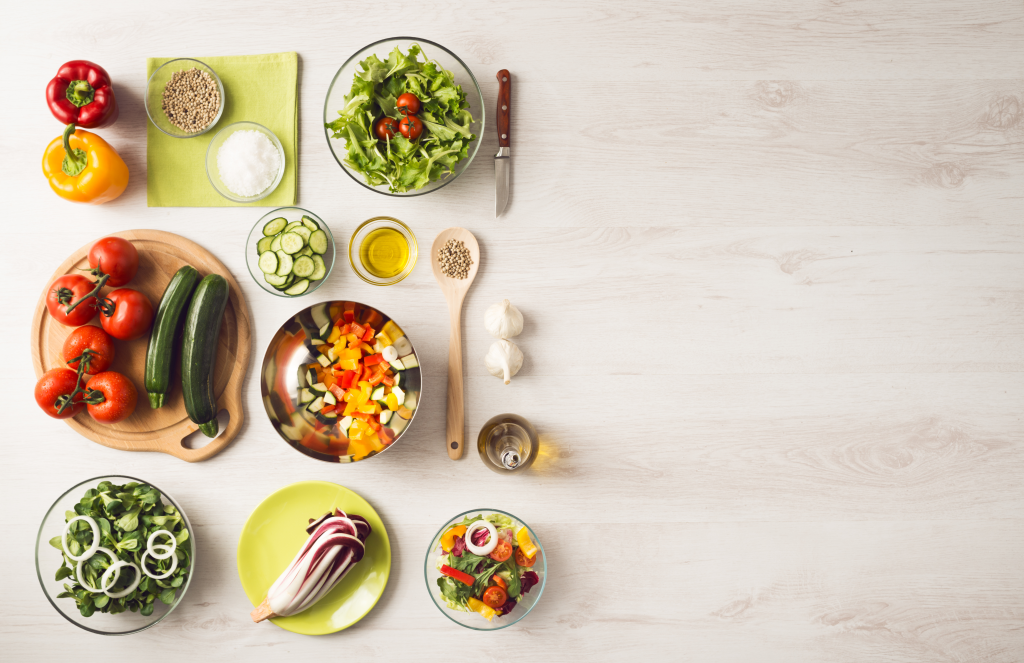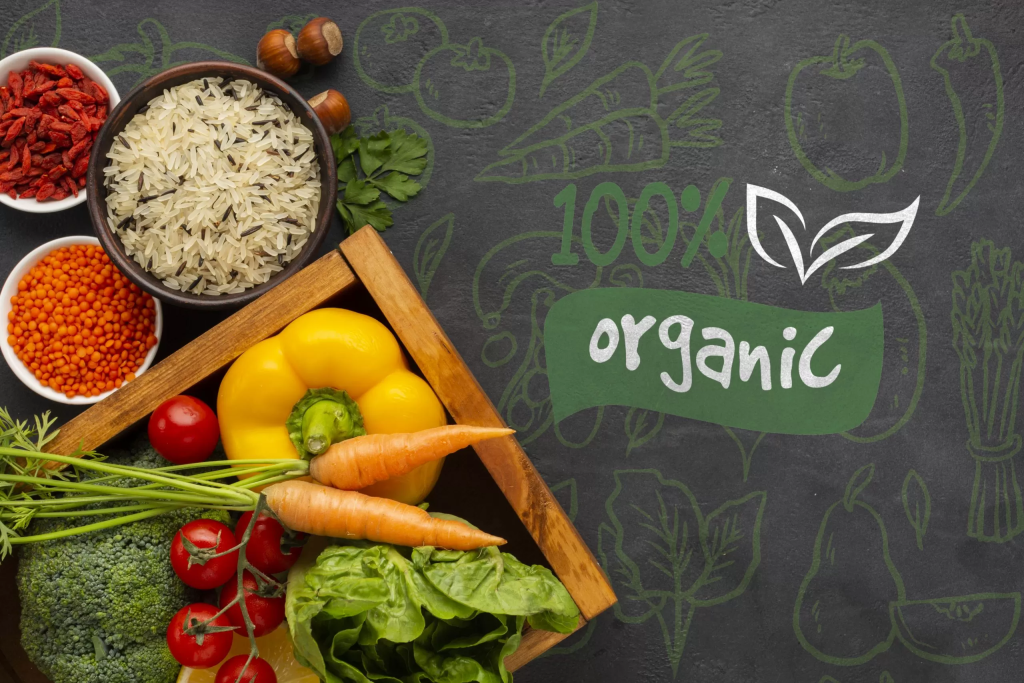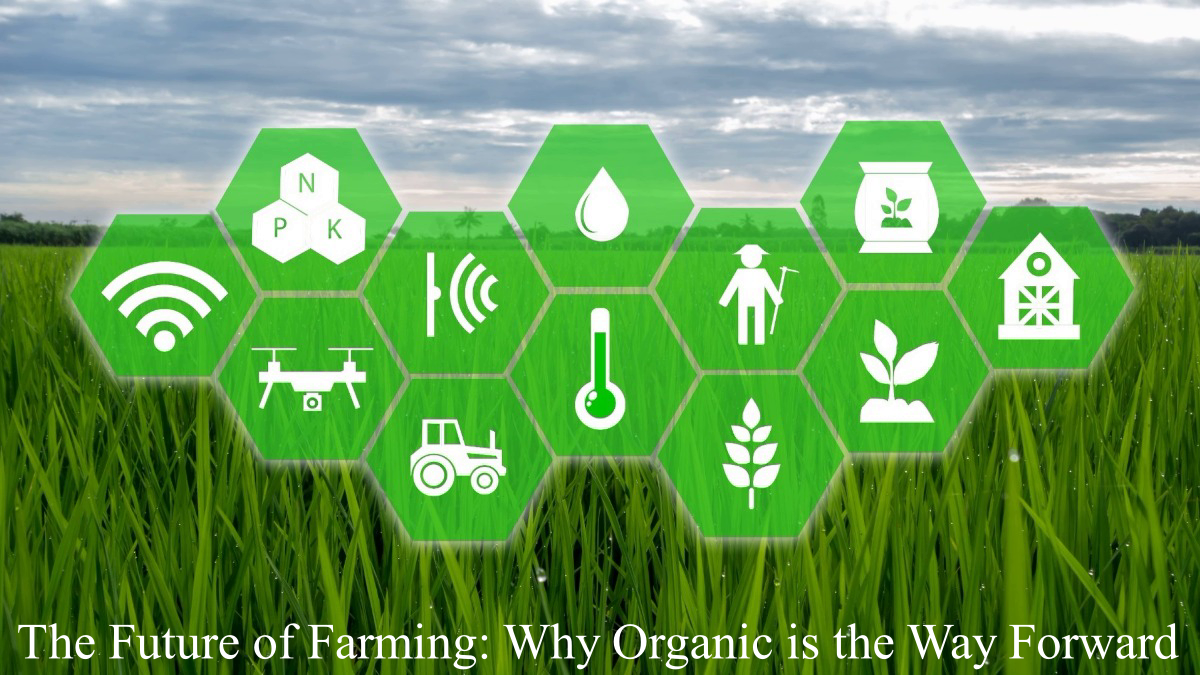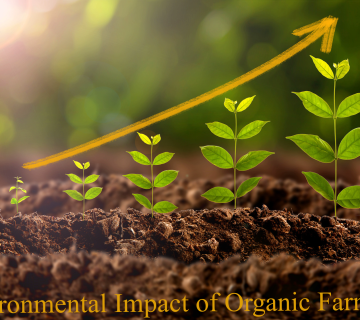The way that we grow and harvest our food is evolving alongside the changing landscape of the world. Organic farming is becoming more popular as people become more concerned about the effects that conventional farming practices have on the health of humans and the environment. Organic farming is seen as a more sustainable and ethical method of farming. In the following paragraphs, we will discuss the many reasons why organic farming is the best option for the future of agriculture.
Environmental Sustainability
One of the most compelling reasons to choose organic farming is its environmental sustainability. Organic farming methods prioritize the use of natural inputs and techniques, such as composting, crop rotation, and the use of cover crops, which work to nourish the soil and promote biodiversity. This not only reduces the use of harmful pesticides and synthetic fertilizers, but also helps to sequester carbon and mitigate climate change.
Healthier Food
Another major benefit of organic farming is the production of healthier and more nutrient-dense food. By avoiding the use of synthetic pesticides and fertilizers, organic farming allows crops to develop naturally and without the potentially harmful chemicals that can be found in conventionally grown produce. Research has shown that organic crops contain higher levels of beneficial nutrients, such as antioxidants, compared to conventionally grown crops.

Supporting Small-Scale Farmers
Organic farming also has significant social and economic benefits. Organic farming methods tend to favor smaller, family-run farms that are often better suited to local markets and communities. By supporting these farmers and promoting local food systems, organic farming can contribute to more sustainable and equitable food systems, and help to build resilience in the face of economic and environmental challenges.
Looking to the Future
As we look to the future of agriculture, it’s clear that organic farming has a crucial role to play. By prioritizing environmental sustainability, promoting healthier food, and supporting small-scale farmers, organic farming can help to create more sustainable and equitable food systems. And as consumer demand for organic and sustainable food continues to grow, there is great potential for organic farming to become the new standard for agriculture worldwide.
The future of farming is organic. With a growing focus on sustainability, health, and community, organic farming has the potential to revolutionize the way we produce and consume our food. By choosing organic and supporting organic farmers, we can help to create a brighter, healthier, and more sustainable future for us all.






No comment